For the past few years, a call for change in our global food systems has been heard at the U.N. General Assembly, the World Economic Forum, and the G7 Summit. For good reason: according to a recent report from the U.N.’s Food and Agriculture Organization, food production imposes an unseen cost of more than $10 trillion annually — equivalent to 10% of the global GDP — mainly from human health and environmental damages.
The ways we produce, transport, and consume food cannot continue. As one example, commercial farming ruins our dwindling topsoil, extracting nutrients and leaving behind heavy metals which are increasingly found in our food. It’s true that we now produce enough calories on the planet to feed our eight billion population, although it’s not equally distributed. Perhaps most significantly, the abundance won’t last. Our ability to feed the global population – even in 10 years time — is increasingly uncertain.
As we course correct, we must be clear: Our planet has not one food system but many. These systems — which range from enormous soybean farms in North and South America exporting to China, to kitchen gardens found throughout Asia and Africa — each play a role in feeding our planet.
Small farms are particularly important for those living in poverty. They typically cause less environmental damage and also yield less per acre. Still, they are critical to global food production, and especially to those living in poverty. The Food and Agriculture Organization estimates that there are 600 million small-scale farmers, who produce around 35% of the world’s food, including up to 80% of the food in sub-Saharan Africa and Asia.
These small-scale producers deserve the world’s attention.
Let’s also be clear that solutions for this group won’t come from Davos or New York. Like all farmers, small-scale food producers best know their environments. Diverse, locally available crops that properly nourish families and communities must be specific to the agro-climatic conditions, available natural resources, market demand and local diets.
At The Hunger Project, we work with farmers across Africa, supporting them as they move from a subsistence model to one that can create a profit and improve their livelihoods. Farmers participate in our workshops to learn business fundamentals and how to approach the planning required before cultivation. As these farmers integrate agro-ecological practices into their farming, they support biodiversity and demand more regenerative agro-inputs, such as locally-made organic fertilizers.
We’ve seen farmer groups access markets, gain buying power through bulk discounts, and ultimately, improve profitability with aggregators and off-takers. Many communities have created food banks, where farmers safely store their products until market prices improve. Perhaps more importantly, the food banks are lifelines in emergencies and disasters. In Malawi, for example, flooding after Cyclone Freddy wiped out hundreds of kilometers of rural roads. Communities with food banks could survive for weeks without food aid.
Similarly, in Mexico, Indigenous communities have built sustainable businesses based on traditional farming practices, in harmony with the earth and their cultural heritage. Many have formed cooperatives to strengthen their position and compete with corporate food producers, and sales of squash, beans, plantains and traditional varieties of corn have taken off. Decades of commercial farming depleted Mexican land, and centuries-old farming practices are making a comeback.
It’s been said that all politics are local. So are food systems. World leaders should know that transformation won’t be possible without buy-in at the local level. We desperately need action, and community-led initiatives can indeed transform the way we produce food, ensuring healthy, nutritious food for all.
Tim Prewitt is the president and CEO of The Hunger Project, an organization committed to creating a world without hunger since 1977.

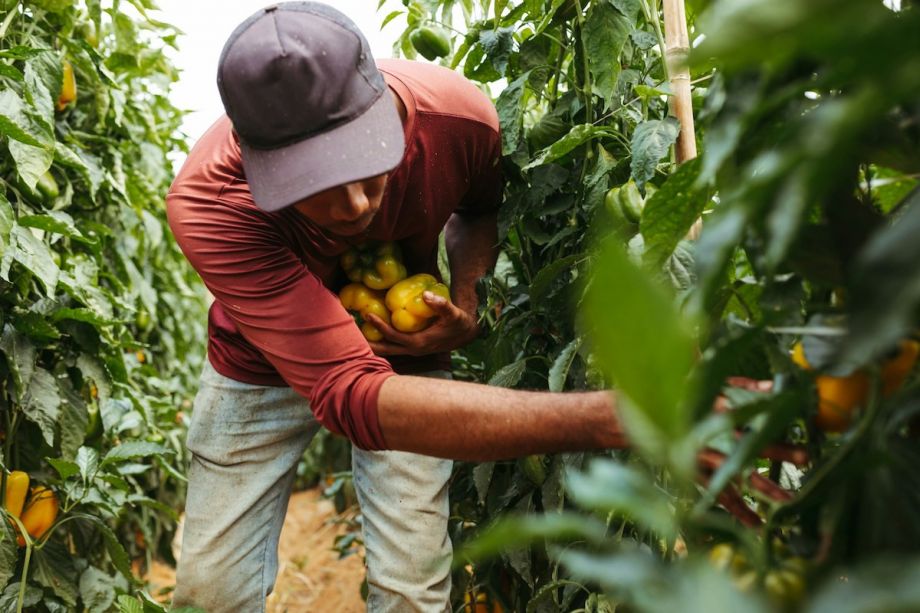
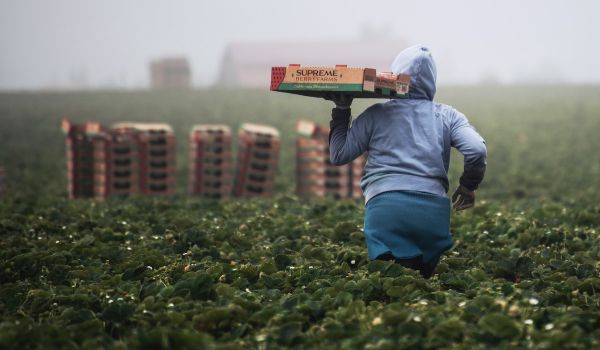
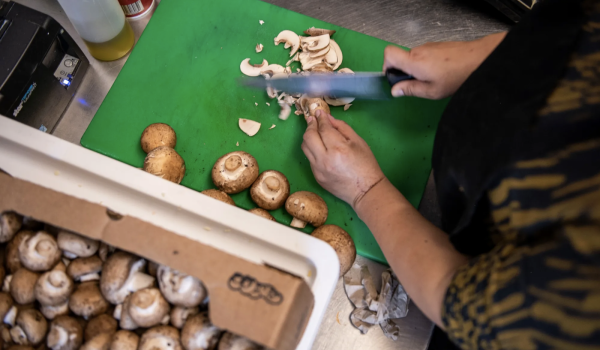
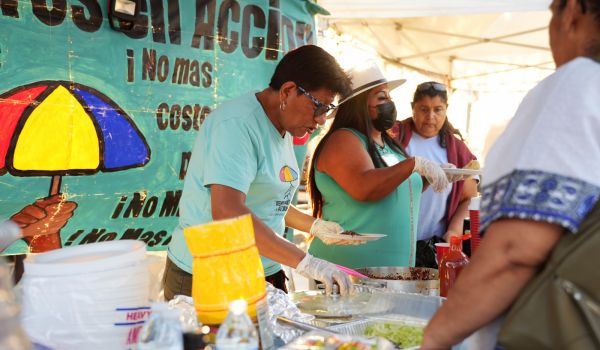

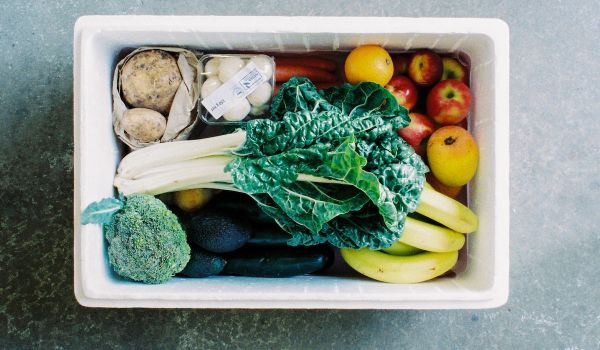
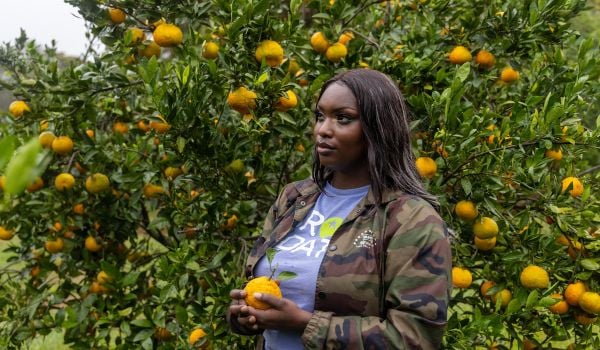









Add to the Discussion
Next City sustaining members can comment on our stories. Keep the discussion going! Join our community of engaged members by donating today.
Already a sustaining member? Login here.